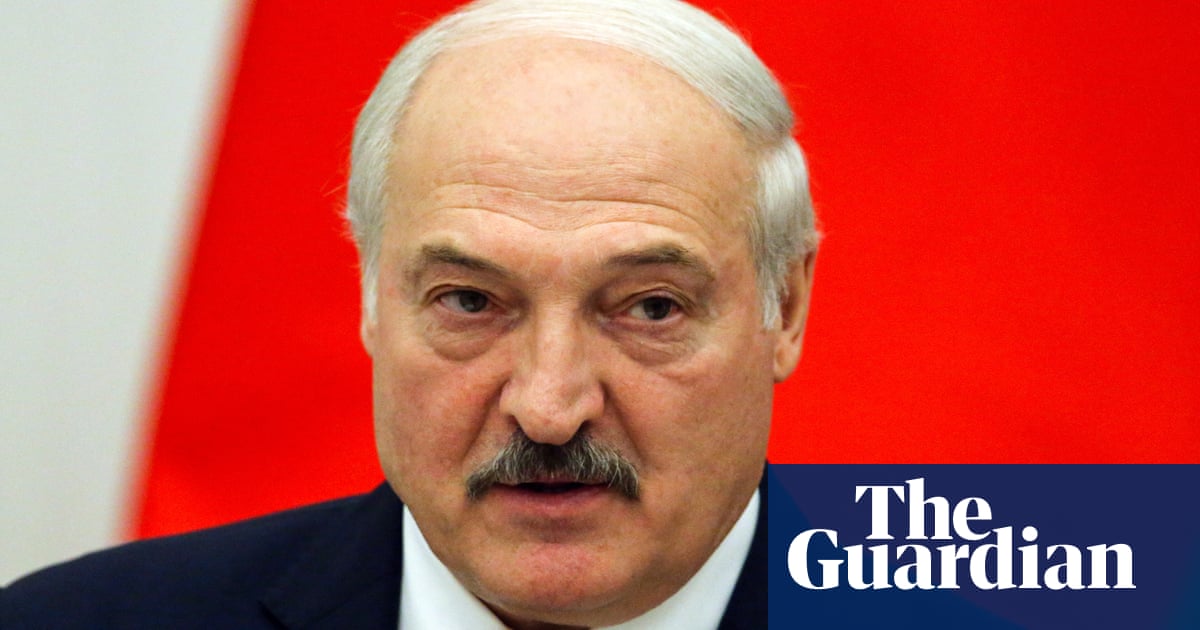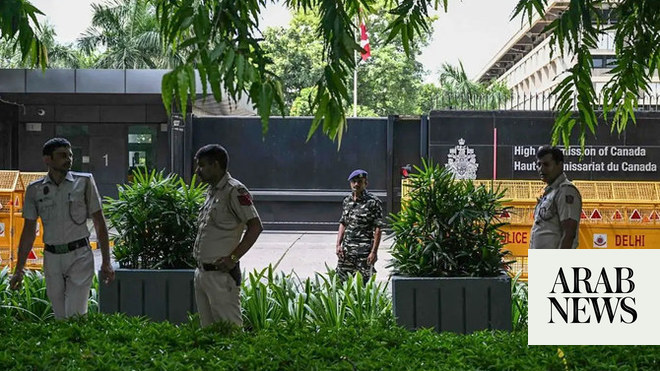
Mexico’s congress has approved a new national security law restricting the activities of foreign law enforcement officers, in a move which critics say will endanger intelligence sources and threaten the future of international anti-narcotics operations.
The law passed on Tuesday strips foreign agents of diplomatic immunity and requires foreign officials in the country to share any intelligence they have obtained with Mexican officials.
While not ostensibly targeting officials from any specific country, the new law would probably impact US agencies, such as the Drug Enforcement Administration (DEA), which maintains a robust presence in Mexico.
“You’re going to see a situation where the efforts of US agencies, especially with the DEA, are significantly going to be diminished,” said Mike Vigil, the former DEA chief of international operations. “They want to relegate the agencies like DEA to doing nothing more than staying in the office and just passing information.”
The DEA works closely with Mexican security officials and creates much of the intelligence used in the so-called war on drugs. But US operations have sometimes caused a nationalist backlash, and despite billions of dollars in US military aid and attempts at judicial reform, Mexico’s militarised crackdown on crime has claimed more than 200,000 lives and left about 70,000 missing.
Andrés Manuel López Obrador, the president, suddenly sent the bill to congress in early December after complaining of the way the DEA acts in Mexico.
“During other governments, they came into Mexico as if they owned the place. They didn’t just carry out intelligence operations, they went after targets. [Mexican] security forces launched the operations, but the decisions were made by these [foreign] agencies. That no longer happens,” he said.
The law also follows the detention of the country’s former defence secretary on drug charges in the US.
Gen Salvador Cienfuegos was arrested in November upon landing at the Los Angeles airport, but was subsequently repatriated amid lobbying from Mexico City – even though he was not under investigation in his home country at the time.
Analysts attribute Amlo’s eagerness to secure Cienfuegos’s release in part to the Mexican president’s growing dependence on the military – not only for security operations, but also other activities ranging from construction projects, a chain of government banks and running the country’s seaports.
Ricardo Monreal, senate whip with López Obrador’s ruling Morena party, called the law “an effort to reinforce the principle of reciprocity in matters of national security”.
But the law has provoked alarm on both sides of the border.
The US attorney general, William Barr, said in a statement dated 9 December that the law “can only benefit the violent transnational criminal organisations and other criminals that we are jointly fighting”.
Under the new rules, foreign agents in Mexico would be required to share any intelligence obtained in Mexico with Mexican officials, prompting fears that information would leak to criminal groups and corrupt officials.
López Obrador has insisted the armed forces and Mexico’s security and citizen protection secretariat “are no-longer infiltrated” by organised crime.
Analysts scoff at the suggestion that leaks no longer occur. “The big worry for US agencies is that it will compromise agents, it will compromise informants and it will compromise operations and investigations if that happens,” Vigil said.
The national security law comes as US-Mexico relations – increasingly close on security matters in recent decades – threaten to turn somewhat testy as a new US president takes office in January.
López Obrador, who got along well with Donald Trump, has showed muted enthusiasm for the arrival of Joe Biden.
“They want to play the nationalist card and take advantage of the power vacuum in the United States,” said Bárbara González, a political analyst in Monterrey. “Nationalistic chauvinism plays well with [López Obradorls] base, but ultimately leaves us with our hands tied and less secure.”












